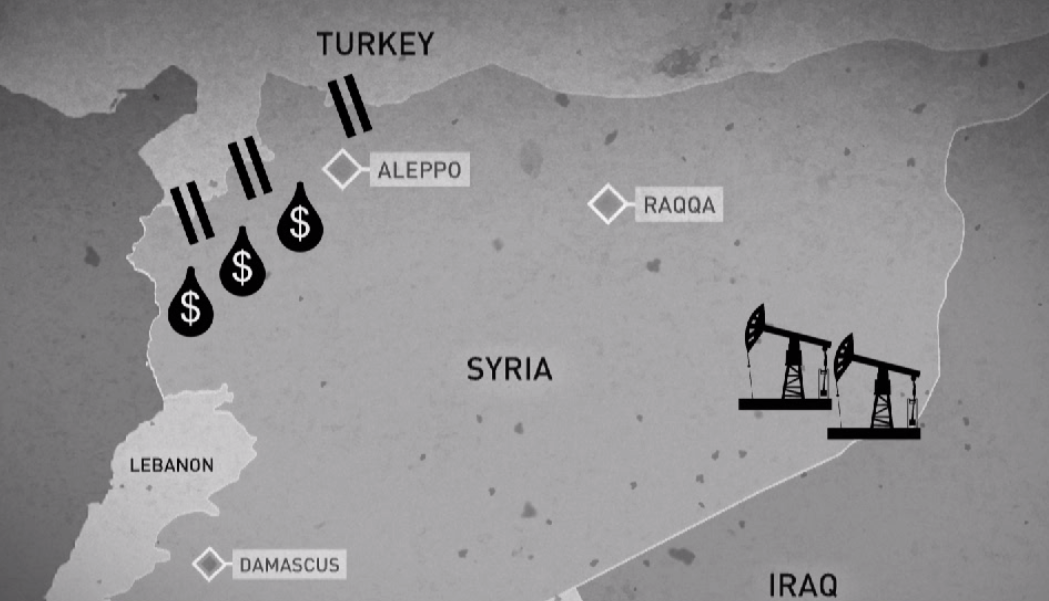
German intelligence warns: Saudi Arabia "destabilizing Arab world", funding jihadist groups fighting in Syria, including Daesh
Wednesday, December 02, 2015
No comments
It is unusual for the BND spy agency to publicly release such a blunt assessment on a country that is considered an ally of the West. Germany has long-standing political and economic ties with Saudi Arabia
Saudi Arabia is at risk of becoming a major destabilizing influence in the Arab world, German intelligence has warned.
Internal power struggles and the desire to emerge as the leading Arab power threaten to make the key Western ally a source of instability, according to the BND intelligence service.
“The current cautious diplomatic stance of senior members of the Saudi royal family will be replaced by an impulsive intervention policy,” a BND memo widely distributed to the German press reads.
The memo focuses particularly on the role of Prince Mohammed bin Salman, the 30-year-old son of King Salman who was recently appointed deputy crown prince and defence minister.
The concentration of so much power in Prince Mohammed’s hands “harbours a latent risk that in seeking to establish himself in the line of succession in his father’s lifetime, he may overreach,” the memo notes.
“Relations with friendly and above all allied countries in the region could be overstretched.”
Prince Mohammed is believed to have played a key role in Saudi Arabia’s decision to intervene in the civil war in Yemen earlier this year.
Saudi Arabia has previously been accused of supplying arms and funding to jihadist groups fighting in Syria, including Islamic State in Iraq and the Levant (Isil)
source
Saudi Arabia is at risk of becoming a major destabilizing influence in the Arab world, German intelligence has warned.
Internal power struggles and the desire to emerge as the leading Arab power threaten to make the key Western ally a source of instability, according to the BND intelligence service.
“The current cautious diplomatic stance of senior members of the Saudi royal family will be replaced by an impulsive intervention policy,” a BND memo widely distributed to the German press reads.
The memo focuses particularly on the role of Prince Mohammed bin Salman, the 30-year-old son of King Salman who was recently appointed deputy crown prince and defence minister.
The concentration of so much power in Prince Mohammed’s hands “harbours a latent risk that in seeking to establish himself in the line of succession in his father’s lifetime, he may overreach,” the memo notes.
“Relations with friendly and above all allied countries in the region could be overstretched.”
Prince Mohammed is believed to have played a key role in Saudi Arabia’s decision to intervene in the civil war in Yemen earlier this year.
...
The overthrow of Syria’s President Bashar Assad remains a priority for the kingdom, the BND says.Saudi Arabia has previously been accused of supplying arms and funding to jihadist groups fighting in Syria, including Islamic State in Iraq and the Levant (Isil)
source








































